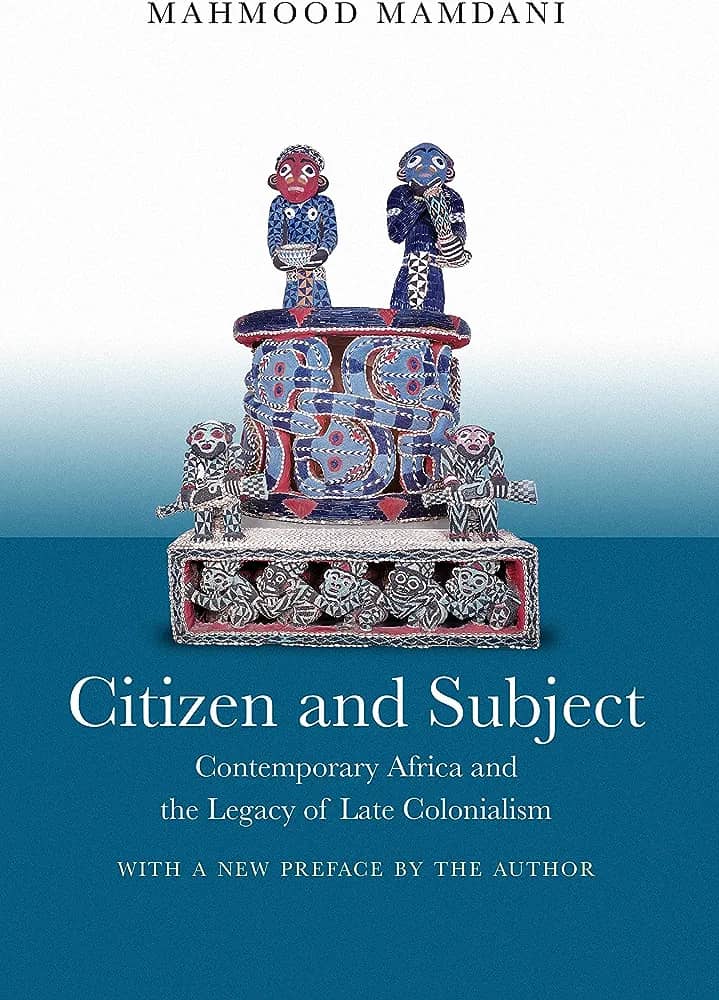
Citizen & Subject; Contemporary Africa And The Legacy Of Late Colonialism by Mahmood Mamdani
NGN19,000
*Author, citizen & subject; contemporary….*
Mahmood Mamdani, FBA (born 23 April 1946) is an Indian-born Ugandan academic, author, and political commentator. He currently serves as the Chancellor of Kampala International University, Uganda. He was the director of the Makerere Institute of Social Research (MISR) from 2010 until February 2022, the Herbert Lehman Professor of Government at the School of International and Public Affairs, Columbia University and the Professor of Anthropology, Political Science and African Studies at Columbia University.
*Citizen & subject; contemporary Africa and the legacy of late colonialism*
In analyzing the obstacles to democratization in post- independence Africa, Mahmood Mamdani offers a bold, insightful account of colonialism’s legacy–a bifurcated power that mediated racial domination through tribally organized local authorities, reproducing racial identity in citizens and ethnic identity in subjects. Many writers have understood colonial rule as either “direct” (French) or “indirect” (British), with a third variant–apartheid–as exceptional.
This benign terminology, Mamdani shows, masks the fact that these were actually variants of a despotism. While direct rule denied rights to subjects on racial grounds, indirect rule incorporated them into a “customary” mode of rule, with state-appointed Native Authorities defining custom. By tapping authoritarian possibilities in culture, and by giving culture an authoritarian bent, indirect rule (decentralized despotism) set the pace for Africa; the French followed suit by changing from direct to indirect administration, while apartheid emerged relatively later. Apartheid, Mamdani shows, was actually the generic form of the colonial state in Africa















Reviews
There are no reviews yet.